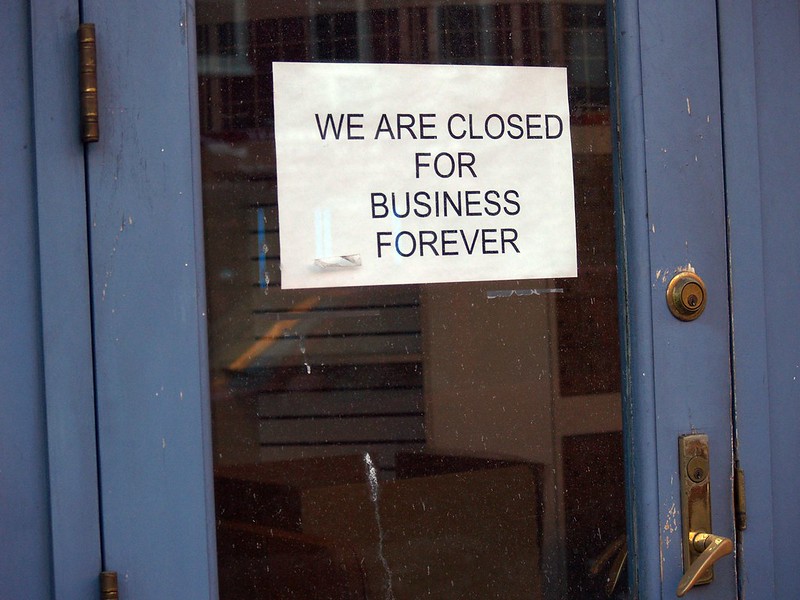
In a devastating blow to Maryland businesses and consumers, the democrat-led state legislature voted to override Gov. Larry Hogan’s veto of HB 732 last week. Maryland now has the unwelcome distinction of being home to the nation’s first ever digital advertising tax.
Under the guise of squeezing revenue from Big Tech companies like Facebook, Google, and Amazon, HB 732 will impose between a 2.5% and 10% tax on revenues generated from digital advertising services in Maryland. Unfortunately, Maryland-based businesses and taxpayers are going to bear the burden of this new tax, which is anticipated to amount to a whopping $250 million a year.
“This new tax will certainly be a headache for these tech companies, but the cost of the tax itself as well as the associated compliance costs will ultimately be passed onto Maryland businesses,” explained Grover Norquist, president of Americans for Tax Reform. “As a result, these businesses may have to lower wages, cut hours, or raise prices on consumers, which is the last thing Maryland needs after nearly a year of COVID-19.”
“The digital ad tax is regressive and will be felt by those who can least afford it, especially right now. For small businesses fighting to survive during COVID-19, this vote sends a chilling message about the priorities of those in power,” said Doug Mayer, a spokesman for Marylanders for Tax Fairness, following the veto override.
Another argument against HB 732 is that it will likely to result in Maryland taxpayers footing the bill for costly legal challenges that bill is unlikely to survive. In fact, in a legal review of HB 732 last year, Attorney General Brian Frosh stated that the bill was “not clearly constitutional” and highlighted potential problems the state would face if it had to defend the measure in court.
First, the bill could be challenged as a violation of the Dormant Commerce Clause, which prohibits states from discriminating against different types of interstate commerce. The bill contains a provision to exclude Maryland-based businesses from the tax and it only includes certain types of advertising while excluding others. Second, the digital advertisement tax is likely a violation of the Internet Tax Freedom Act, which prohibits discriminatory taxes on e-commerce. And third, this bill could also be a violation of the First Amendment because it taxes speech.
Unfortunately, the bad news with HB 732 does not end there. It would also place a $1.75 sales tax increase per pack of cigarettes and raise the sales tax on e-cigarettes and vaping liquids. Tax hikes on tobacco and vaping products will disproportionately impact some of Maryland’s most vulnerable taxpayers when they can least afford it. According to the National Adult Tobacco Surveys, 72% of smokers are from low-income communities. HB 732 increases taxes on people unable to quit as they are struggling with the costs of the COVID-19 pandemic and puts unnecessary hardship on struggling families.
Democrats in the state legislature seemed to have forgotten sage advice from former President Obama. While in office, he remarked: “The last thing you want to do is raise taxes in the middle of a recession because that would just suck up, take more demand out of the economy and put businesses in a further hole.”
With the enactment of HB 732, state lawmakers have made it increasingly more difficult for small business owners and hardworking taxpayers to overcome the financial burden of the pandemic. Fortunately, there is still some hope for taxpayers in Maryland, as the legality of the digital advertising tax portion of the bill is likely to be challenged in court.

